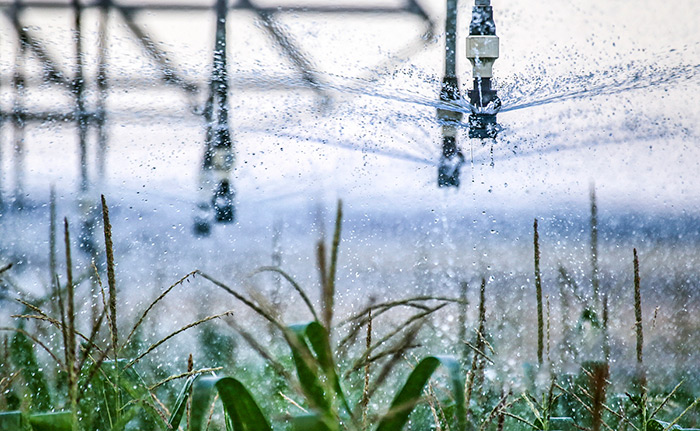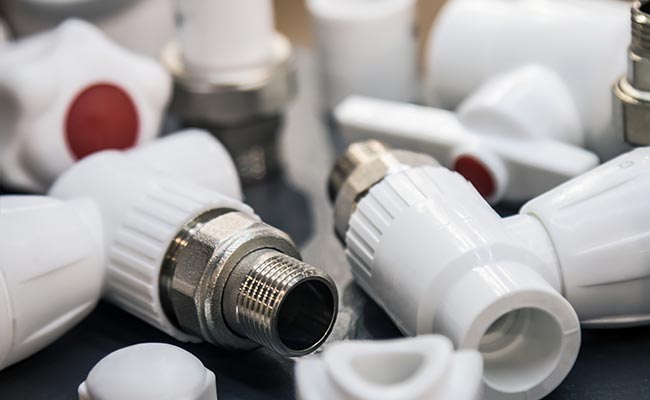Distinguish from the structure
The one-piece ball valve is an integrated ball, PTFE ring, and lock nut. The diameter of the ball is slightly smaller than that of the pipe, which is similar to the wide ball valve.
The two-piece ball valve is composed of two parts, and the sealing effect is better than that of the one-piece ball valve. The diameter of the ball is the same as that of the pipeline, and it is easier to disassemble than the one-piece ball valve.
The three-piece ball valve is composed of three parts, the bonnet on both sides and the middle valve body. The three-piece ball valve is different from the two-piece ball valve and the one-piece ball valve in that it is easy to disassemble and maintain.
Differentiate from pressure
The pressure resistance of the three-piece ball valve is much higher than that of the one-piece and two-piece ball valves. The outer side of the main three-piece ball valve is fixed by four bolts, which play a good role in fastening. The precision casting valve body can reach a pressure of 1000psi≈6.9MPa. For higher pressures, forged valve bodies are used.
According to the structure of the ball valve, it can be divided into:
1. Floating ball valve: The ball of the ball valve is floating. Under the action of the medium pressure, the ball can produce a certain displacement and press tightly on the sealing surface of the outlet end to ensure that the outlet end is sealed. The floating ball valve has a simple structure and good sealing performance, but the load of the working medium on the ball is all transmitted to the outlet sealing ring. Therefore, it is necessary to consider whether the sealing ring material can withstand the working load of the spherical medium. This structure is widely used in medium and low pressure ball valves.
2. Fixed ball valve: The ball of the ball valve is fixed and does not move after being pressed. The fixed ball valve is equipped with a floating valve seat. After receiving the pressure of the medium, the valve seat will move, so that the sealing ring is tightly pressed on the ball to ensure sealing. Bearings are usually installed on the upper and lower shafts of the ball, and the operating torque is small, which is suitable for high-pressure and large-diameter valves. In order to reduce the operating torque of the ball valve and increase the reliability of the seal, an oil-sealed ball valve appeared. Special lubricating oil was injected between the sealing surfaces to form an oil film, which enhanced the sealing performance and reduced the operating torque, making it more suitable for high pressures. Ball valve of caliber.
3. Elastic ball valve: The ball of the ball valve is elastic. The sphere and the valve seat sealing ring are made of metal materials, and the specific pressure of the seal is very large. The pressure of the medium itself cannot meet the sealing requirements, and external force must be applied. This valve is suitable for high temperature and high pressure media. The elastic sphere is made by opening an elastic groove on the lower end of the inner wall of the sphere to obtain elasticity. When closing the passage, use the wedge-shaped head of the valve stem to expand the ball and press the valve seat to seal. Loosen the wedge-shaped head before rotating the ball, and the ball will return to its original shape, so that there is a small gap between the ball and the valve seat, which can reduce the friction of the sealing surface and the operating torque.
Ball valves can be divided into straight-through type, three-way type and right-angle type according to their channel position. The latter two ball valves are used to distribute the medium and change the flow direction of the medium.
Post time: Dec-10-2021




